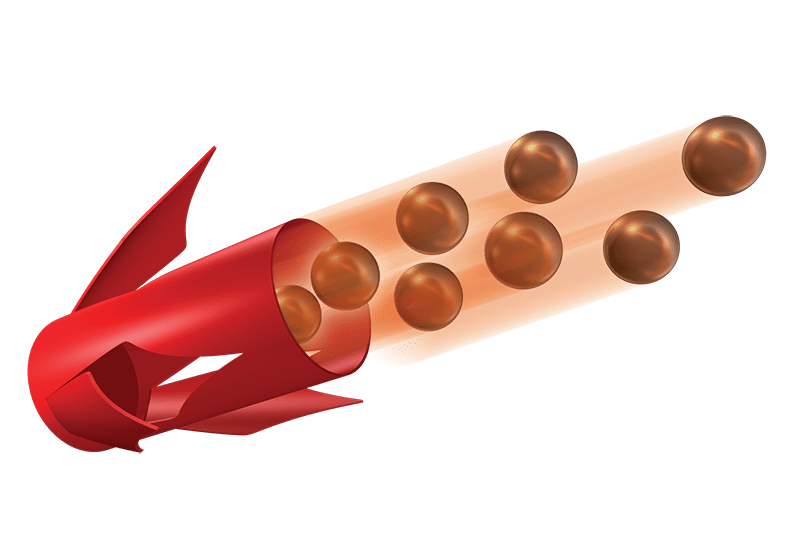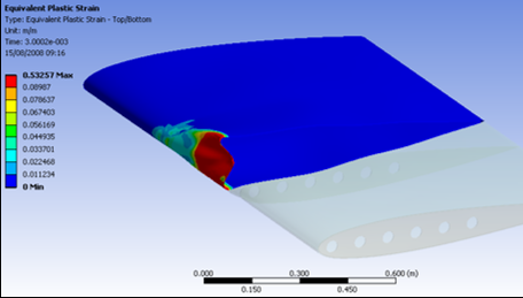Ansys Explicit Dynamics
Course Overview:
Suitable for experienced Ansys Mechanical users, this paid Ansys Explicit Dynamics Introductory Training course teaches advanced skills in performing explicit dynamic analyses, and the computational methods and concepts associated.
Prerequisites:
FEA 101 Workbench Mechanical Introductory
Who should take this course:
- Experienced Ansys Mechanical users who are looking to learn advanced methods to solve explicit dynamics problems such as drop tests, ballistics, crash impacts, and high-speed metal forming in Ansys Workbench Mechanical.

With completion of this Ansys FEA Training, you will:
- Become proficient in:
- Performing various explicit dynamics analyses with Ansys Software.
- Receive an official certificate of completion with professional development hours that can qualify for the continuing education requirements upon renewal of a PE license in most states.

Contact for FEA 301 Training
Course Agenda | FEA 301 – Explicit Dynamics
Module 1: Introduction to Explicit Dynamics
Module 2: Introduction to Workbench
Module 3: Explicit Dynamics Basics
Workshops: Pre-Stressed Container Impact, Pre-Stressed Gas Bottle Drop
Module 4: Results Processing
Workshops: Process Results of Cylinder Impact, 2D Axisymmetric Impact
Module 5: Material Models
Workshop: 1D Shock Propagation, Turbine Blade Break
Module 6: Explicit Meshing
Workshops: Comparison of Meshing Options, Can Crush, Oblique Impact Simulation
Module 7: Body Interactions
Workshops: Drop Test on Reinforced Concrete, KEP Impact, Circuit Board Drop
Module 8: Analysis Settings
Workshops: Mass Scaling in Can Crush, Bottle Drop Test, Pre-Stressed Beam
Module 9: Optimization Studies
Workshop: Taylor Test What-If Study
Related Courses
Need training hours for other engineering focuses or industry sectors? We’ve got your covered. SimuTech Group offers a variety of Ansys Trainings for nearly all industries and skill sets to meet your continuing education requirements.
Top Ansys Training topics include, Finite Element Analysis (FEA), Finite Element Method (FEM), Computational Fluid Dynamics (CFD), Electromagnetic Simulation (EMAG), Computer-Aided Design (CAD), Discontinuous Conduction Mode (DCM), Frequency Domain Reflectometry (FDR), RF Propagation Analysis (RFPA), and more!

